Israel on Sunday approved the release of some 500 Palestinian prisoners in a bid to bolster the position of moderate Palestinian leader Mahmud Abbas as he tried to persuade militants to refrain from attacks. The decision was unanimously approved at a committee meeting chaired by Israeli Prime Minister Ariel Sharon who held a landmark summit with Abbas in Egypt last week. Both men have declared an end to hostilities after four years of bloodshed but the success of Abbas's efforts to persuade groups like Hamas also to hold their fire is in part dependent on the whole prisoners issue.
The names of the prisoners to be released, none of whom has served less than two-thirds of their sentence, are to be published on the Internet in order to allow the Israeli public to appeal against their freedom.
"The release of Palestinian security prisoners is a step to which we have committed ourselves in the framework of the negotiations being conducted with the Palestinians," Sharon said.
"This is neither an easy nor a simple step but it is possible that this gesture will both assist the Palestinian Authority in establishing its control and increase mutual confidence between the sides."
The Israeli leader had confirmed at Tuesday's summit in the Egyptian resort of Sharm el-Sheikh that hundreds of prisoners would be freed.
Sharon had been accused of undermining the moderate Abbas during his brief and ill-fated period as Palestinian prime minister in 2003. Then, Sharon only agreed to release a few hundred prisoners.
The 500 who are set to go free in the coming days should be followed by another 400 in the next few months.
Israel has so far however refused to countenance the release of anyone who has taken part in deadly attacks, regardless of how long they have spent behind bars.
But with the Palestinians pushing for the release of long-term prisoners convicted of taking part in such attacks, the two sides have agreed to set up a joint committee to further debate the criteria. Around 7,600 Palestinians are in Israeli detention. The vast majority of the 500 set to go free in the initial batch are members of Abbas's mainstream Fatah movement but they also include members of the radical Islamist movements Hamas and Islamic Jihad.
Both groups agreed on Saturday to maintain an informal truce but Abbas failed to secure their signature to a formal cease-fire.
They have said that a formal cease-fire declaration will only be forthcoming once all their prisoners are released and Israel ends all its military operations.
Although it has largely refrained from launching attacks over the past month, Hamas did unleash dozens of mortar rounds and rockets last Thursday after two of its members were killed in disputed circumstances. Asked about the possibility that Hamas and Jihad would break the agreement, Abbas said the factions had assured him in Saturday's talks they would respect a "cooling down period".
Meanwhile Abbas and his prime minister Ahmed Qorei were taking part in a meeting of the Fatah central committee in Gaza to discuss the line-up of a new cabinet due to be unveiled in the next few days.
BR100
15,107
Increased By
47.9 (0.32%)
BR30
43,249
Increased By
317.9 (0.74%)
KSE100
149,132
Increased By
317 (0.21%)
KSE30
45,323
Increased By
117 (0.26%)





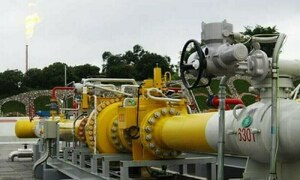
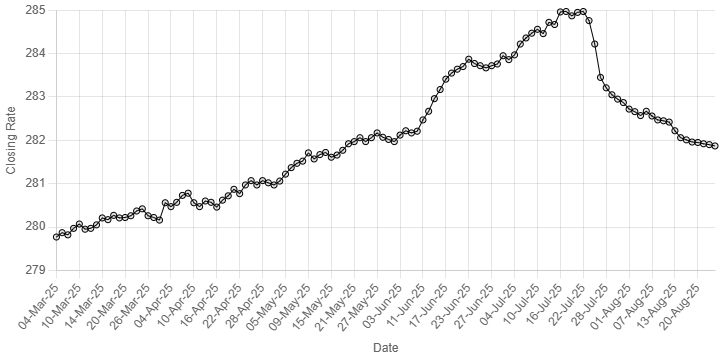
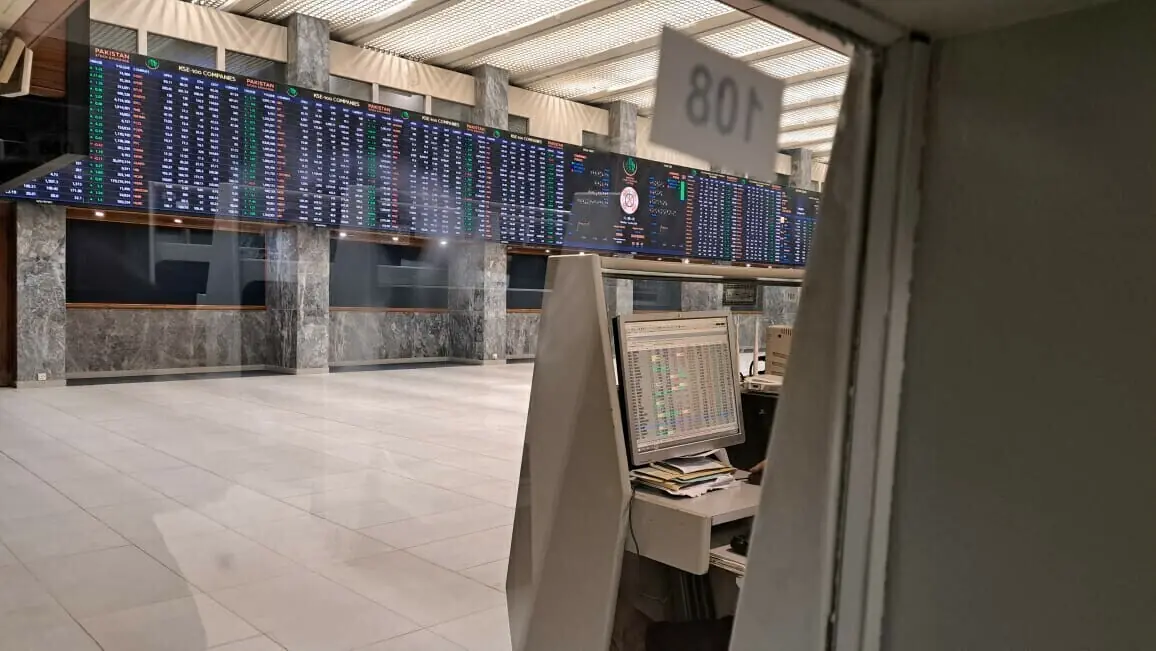


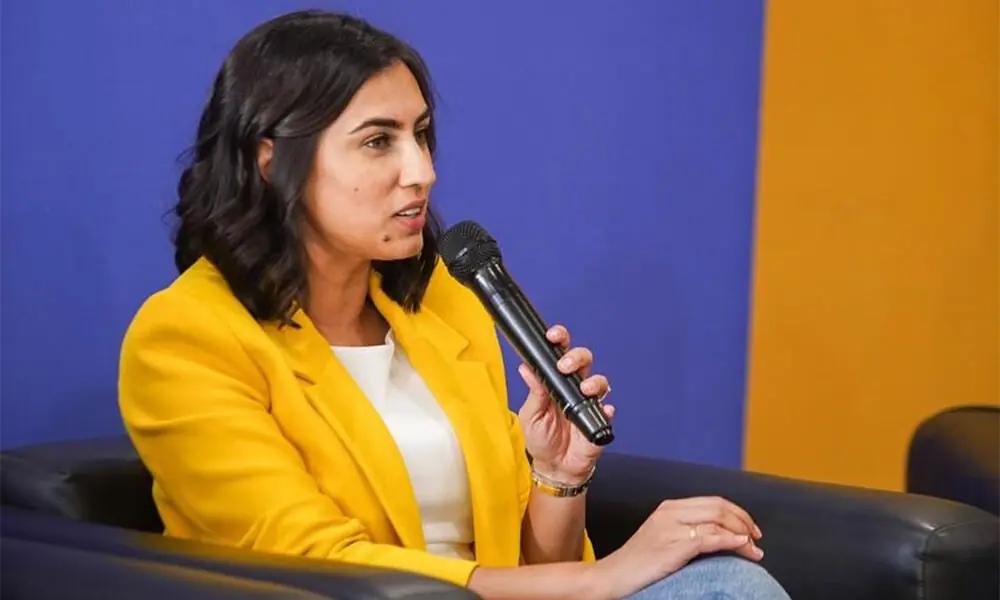
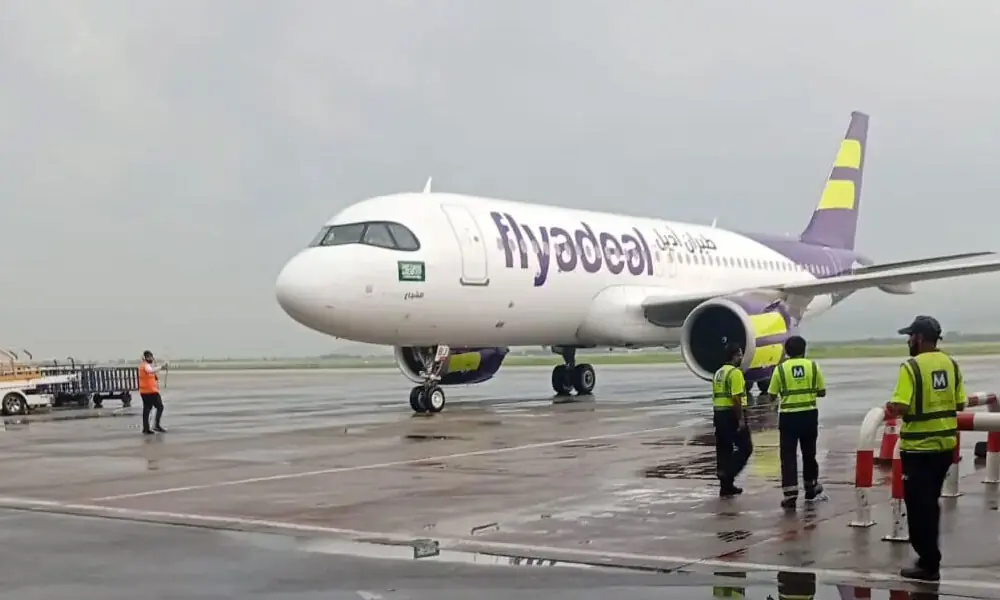

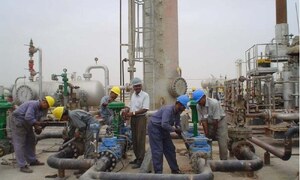
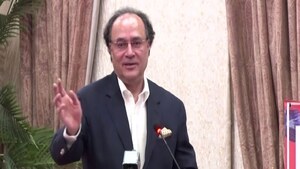


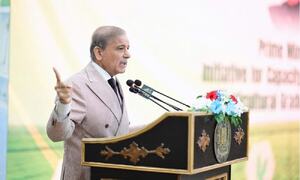



Comments
Comments are closed.